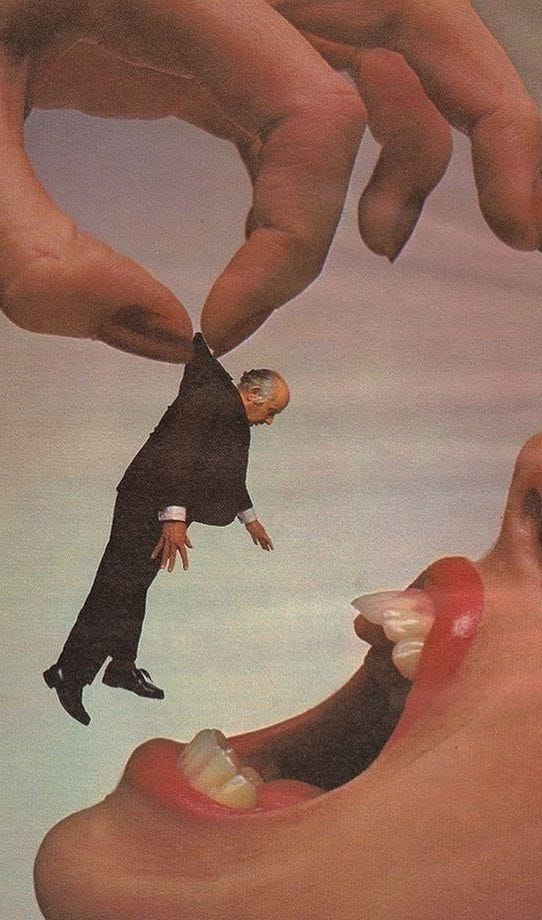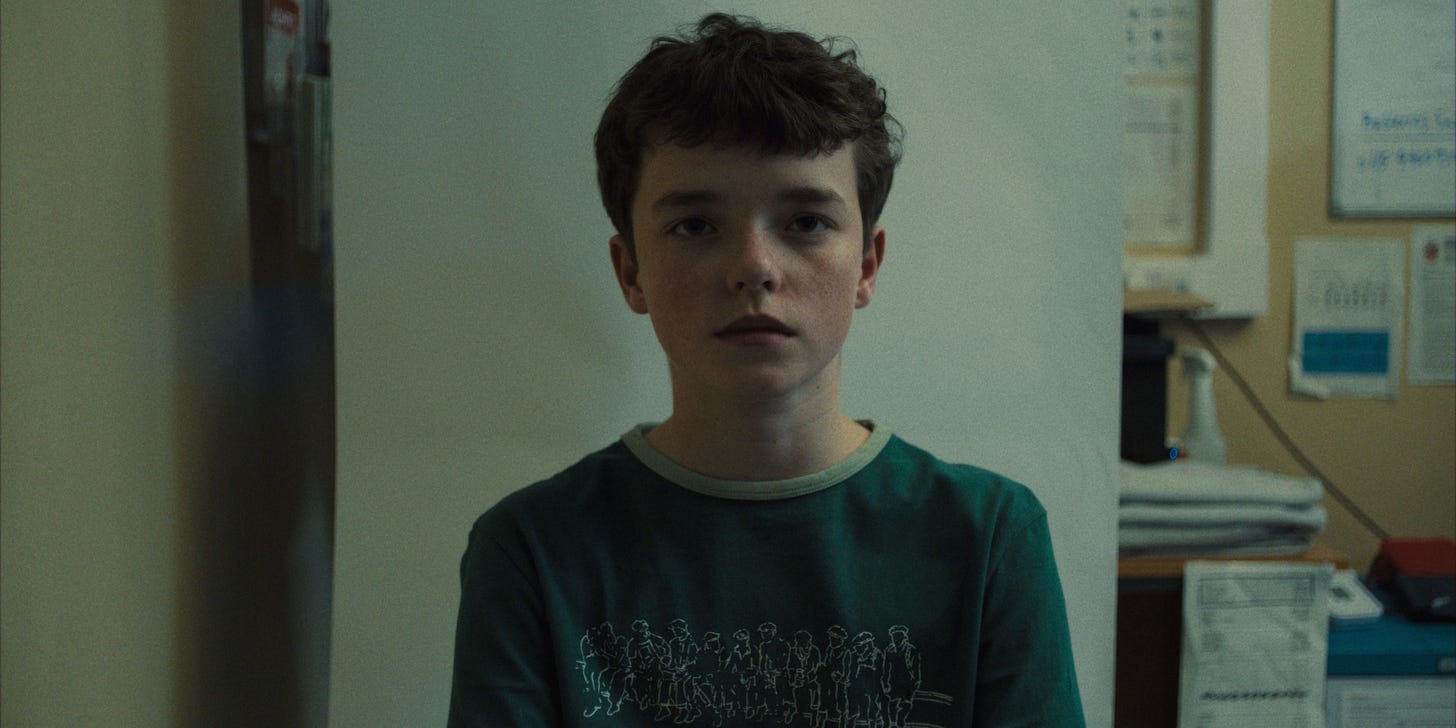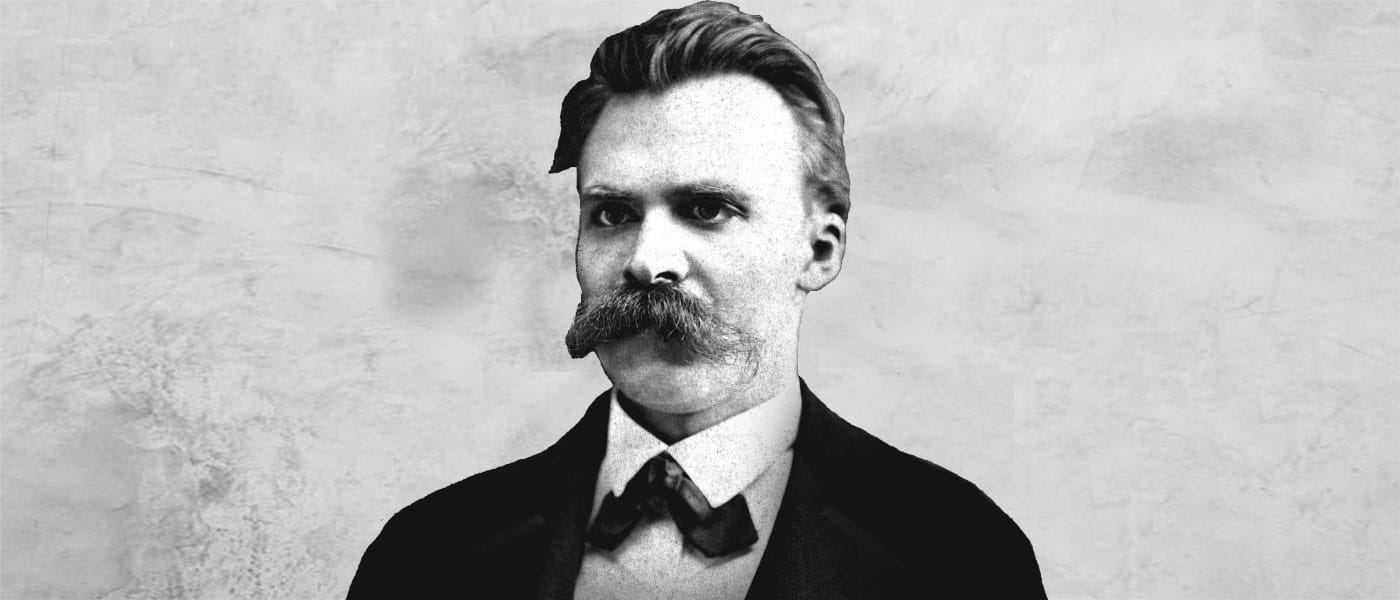Content Warning: This piece discusses themes of violence against women, which may be distressing to some readers. Please take care while reading.
There’s a moment — mid-yell — when a man becomes unreachable. I’ve heard it before.
My boyfriend’s brother erupted at dinner the other night. “WOMEN LIE TOO!” he screamed. A woman — his ex — did lie, and it had landed him in prison for something he didn’t do. His parents told him that they understood his anger, but asked if he could please not shout. This only made him louder.
He feels as though the system wronged him. That because the story was his against hers, he didn’t get any grace. That we’re in an era where everyone just believes women, regardless of whether or not they’re lying.
His anger was palpable. I heard that shift in his voice, the one where anger takes over and the person shouting isn’t conscious of how loud they are. When someone sounds like that, you know you can’t interject and offer perspective or comfort. Not only will they not hear you, but your attempt at peace will antagonise them more.
I have some intimate experience with anger — my ex, my dad, the people in my comments section — but recently it’s become apparent to me how much anger lies simmering below the surface of society at all times. There doesn’t seem to be any outlet for it; a lack of understanding leads to an internal volcano that then erupts when triggered, causing lasting havoc.
When I was little, I remember my dad being angry in times that felt strange to me, when I didn’t feel I’d done anything wrong or when something small hadn’t worked in his favour.
My dad grew up feeling pretty alone. He felt that his parents didn’t support him or protect him, and I think he decided at a young age that he wasn’t going to be like that. That decision then put immense pressure on him to always be a protector, a provider, a supporter — all things he didn’t really know how to do because he’d never seen them before. Then, he felt alone all over again. He was trying to be the dad he’d never had, but it was more challenging than he thought it would be. He continued to feel unsupported by his parents through his own fatherhood journey, and it made him feel sad and abandoned. His sadness turned into anger, ready to erupt in those last-minute, straw-that-broke-the-camel’s-back moments. Maybe I wasn’t listening, or not eating my dinner, or hogging all my mum’s attention when he needed it most. So, he yelled. I’m not sure he even knows why he did or where it came from. Sometimes, he looked like he even surprised himself.
He’d always have that same shift in his tone that my boyfriend’s brother did the other night. It’s an unmistakable change in their voice — usually mid-yell — that indicates they’re untouchable. I imagine it feels like that phrase ‘seeing red’. It quietens a room instantly because the only option is to let it play out or walk away.
I binged the Netflix show Adolescence days after Lilie James’s parents got up in court at the colonial inquest of their daughter’s death to highlight the importance of teaching young men to “respect and value a woman’s opinion and choices.” It all felt so surreal. A Netflix show that centres around a young man who brutally murders a young woman because she said “no”. A real-life story of a young man who brutally murders a woman because she said “no”.
“If we are not teaching boys how to accept and value a woman’s opinions and choices and accept rejection, we may be setting them up for failure. Or, in our case, a moment of time we will never recover from.” Those were the words Lilie James’s parents left us with. Poignant. Rich in their own anger at a society that failed to teach the young man who murdered their daughter that she didn’t owe him anything. That her saying no doesn’t decrease his value — his masculinity.
I can’t imagine that anger. The anger that would drive a 21-year-old boy to kill a girl because she ended things with him days earlier. He killed her with a hammer. It was cold, premeditated. There’s footage of him days earlier, trying out hammers in a hardware store. There’s footage of him practising his lurch into the bathroom that he knew she’d be in after coaching water polo. It’s chilling to watch him going about his day planning a murder, with his ear pods in. He looks like a regular — slightly serious — boy in his early twenties. But there’s so much anger inside of him. Anger he’s probably never talked about, never unpacked, never known how to handle. And still, it’s so fierce — he ends a life.
What stands out to me from Adolescence (an excellent but brutal watch) is that the accused — a 13-year-old boy, Jamie — doesn’t know why he did it. “It just happened,” he tells his dad in the last episode.
In a previous episode, during a conversation with a therapist in confinement, Jamie is asked questions about masculinity; what he thinks it means to be a man, how he feels about women and, more specifically, how he felt about the girl he allegedly murdered. Jamie doesn’t understand why the therapist is asking him these questions. He doesn’t see how they relate to what he’s done. And that’s just it. Whether he’s too young to grasp the correlation between his opinions and his actions, or the digital influences that drove him to murder were instilled so subconsciously that he isn’t aware of the radical shift in his internal dialogue — it’s hard to say. But it’s clear that he doesn’t really know why he did it. He just knows it was wrong.
But for Jamie, it’s too late. His anger led him to murder and there’s no excuse for that. There’s a very long journey ahead if he’s to understand where his anger came from, and how it led him to use a kitchen knife on a girl he barely knew because she emasculated him. It’s too late for Lilie’s murderer, too. He threw himself off a cliff hours after he murdered her, knowing that his life was over. Now, he will never truly understand where his anger came from and why it drove him to murder. Maybe he didn’t want to find out. It’s a cowardly move that many make.
We’ll never fully know, either. We can make educated assumptions: that he, like Jamie, was consuming harmful yet readily available incel content on the internet, injecting himself with misogynistic tactics for “taking the power back from women”. Or perhaps he had an angry parent, whose feelings of abandonment were passed down and manifested in ugly ways that he never understood, unpacked or even recognised.
“Nothing on earth consumes a man more quickly than the passion of resentment,” wrote philosopher, cultural critic, and philologist Friedrich Nietzsche (Ecce Homo, 1888). Here, he speaks of ressentiment: a kind of deep-seated resentment and frustration, particularly among those who feel powerless. In the case of male anger, it pertains to men who feel emasculated or entitled to control over women, and lash out violently as a result.
He goes on to describe how “weaker individuals” — perhaps someone who is bullied, for example — instead of overcoming their struggles, develop resentment toward those they perceive as a threat. And, instead of talking about them or working through them, they physically lash out at their perceived perpetrator.
I think this also goes for anyone who has been hurt. If someone has felt abandoned and not recognised or dealt with it in some way, they lash out in moments where their abandonment is exposed. Or, towards someone who they perceive to have abandoned them in some way.
But it’s more complicated than simply recognising the reoccurring feelings that create negative and harmful emotions. Often, the emotion overcomes you too quickly for you to recognise what created it. You might’ve raised your voice or tears may have welled up in your eyes before you’ve had a chance to catch up to your brain. And then, instead of working back to understand how you’ve got there, you just want to get the emotion out. So you cry, yell, hit — or worse, kill — and by the time you’ve cooled down, it’s too late. The damage is done. And then, you want to forget it ever happened. So you push it out of your mind, tell yourself and those around you that you’re sorry and you’re fine.
This is not the process for everyone. But I can imagine it often goes something like this when you’re either too young to recognise your own behavioural patterns, or you’ve gone too long without understanding yourself and you’ve wound up trapped with emotions you’re both ashamed of and don’t understand.
Anger is not our friend. It can be useful in small doses, like in a break-up, when you’re trying to move away from a toxic relationship or friendship — but I think that anger is mostly pretty dangerous. I think that it stops us from understanding ourselves, which can lead us to do terrible things that often aren’t aligned with who we are. I think that if you often feel angry or do angry things, it’s really important that you work to understand why. Because if you don’t, I guarantee you’ll end up doing something you really regret, whether it’s having an affair or lashing out at someone you love.
I’ve felt really sad about the anger I’ve witnessed this week. It makes me sad for the people who are angry, the people they hurt, and the lives that neither get to live due to unexplained anger. I find myself once again noticing how a lack of language has created a society that isn’t equipped to talk about uncomfortable feelings. I have such a strong desire to change that.
If you have an angry person in your life, I’d urge you to dig deeper. Talk to your therapist about their anger, check in with others that know them, sit with and analyse how being around them makes you feel. If you feel safe to, try calling it out.
I feel like anger is at the root of so many integral societal conversations that we need to have. Conversations that have the power to save women’s lives. Conversations that can bring clarity to toxic masculinity within the men themselves. Conversations that can stop us all from feeling so defensive and attacked all the time. Conversations that can open up the truth of who we really are, and where we
— and our uncomfortable emotions —
came from.
Hey, quick side note. I’d love for you to follow me on Instagram. I share all of my other work on there, including my fortnightly sex column. Come and connect. My DMs are always open.









Women lie way more than men
Yeah, the number of purchasing outbursts I've witnessed has really escalated over the last five years. Excellent points here, and I'm definitely gonna remember that Nietzsche point.